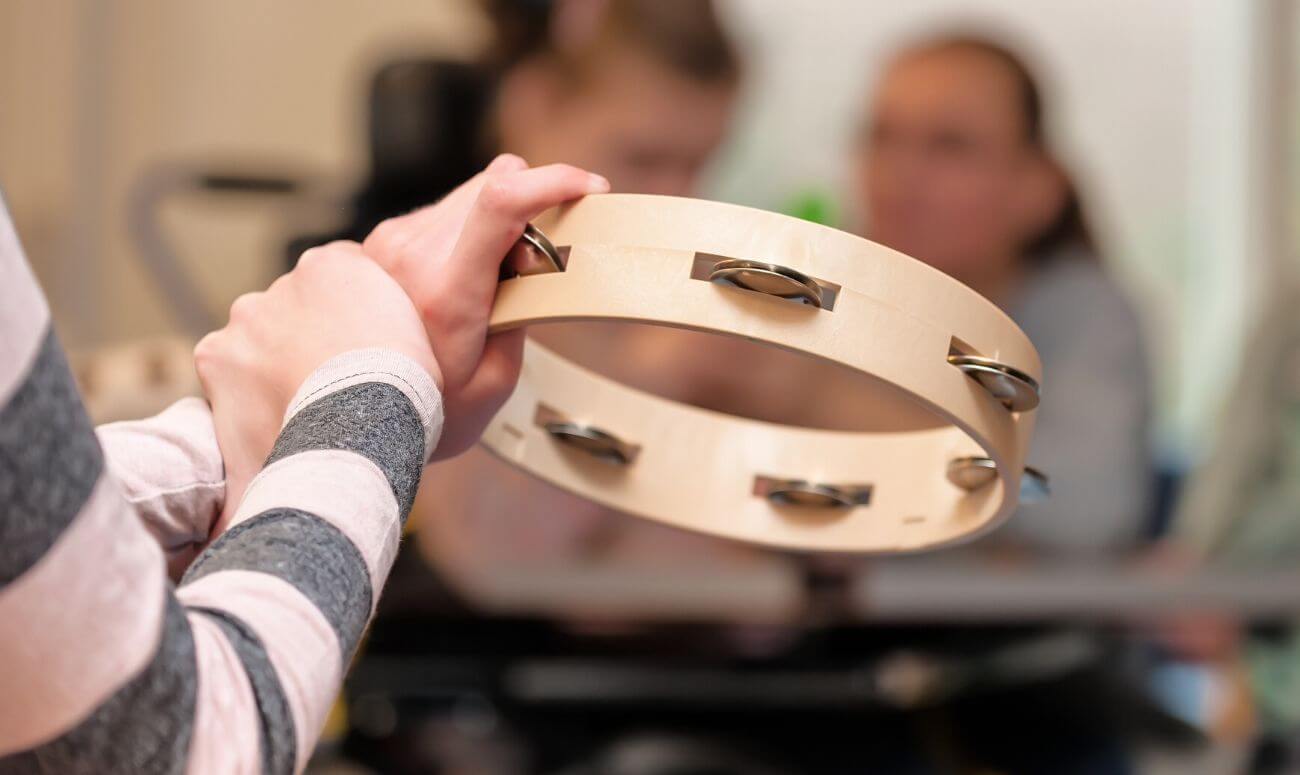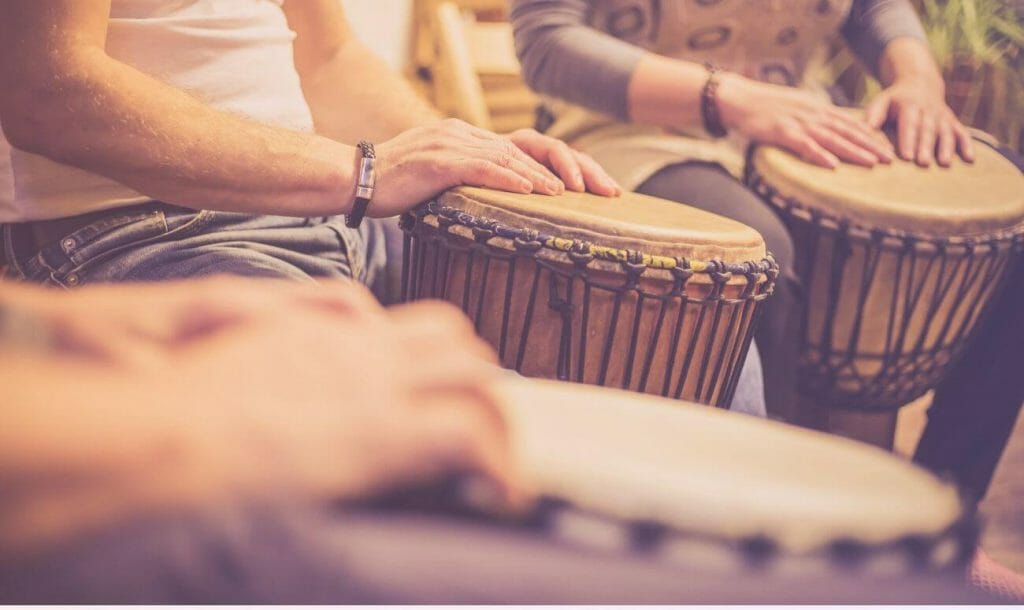Music de-stresses, transporting us to another world altogether. The sound of the instruments or the sweet voice of the singer lingers on with us for a long time. It makes us feel on top of the world (just like the Carpenters’ song). So, what does it mean and how does music affect us? How is it used for therapy? We tell you about it.
Did you know that music is the only sensory experience that activates all the areas of your brain? And all at the same time? Did you know that music as a form of therapy is as old as Aristotle and Plato’s writings? We bet you didn’t; but it is. Interesting isn’t it? However, it turned into a formal profession after both the World Wars. This was the time when musicians played for war veterans who were suffering from physical and mental trauma. Their positive response to healing through melodies prompted the doctors and nurses to hire musicians in hospitals. And from here on, music therapy went on to become a major way of treating various ailments.

So how does sound therapy help? We give you some insight. In this therapy, sounds are used to improve the emotional, social, sensory, cognitive, motor, even communication skills of an individual. Music therapy is a type of ‘expressive arts therapy’ (a multimodal approach to therapy), which uses tunes to help individuals to improve these skills. Studies have shown that melodies affect our brain in several ways, in turn affecting our outcome and behaviour.
It involves active and receptive techniques; active techniques involve singing, playing an instrument, chanting, composing, or improvising songs. While receptive techniques involve listening and then responding to sounds. Also, this therapy can be conducted in groups or with individuals. A trained therapist is the one who facilitates this therapy. And, it is used not only in hospitals but also schools, hospices and correctional facilities as well.

Music itself is known to impact regions of the brain that involves sensation, emotion, movement, and cognition. And, the diversity of this amazing form aids in resolving a range of ailments such as depression, hypertension, and anxiety. So, anyone who suffers from mood-related issues, personality issues, insomnia, benefit from this therapy. Besides, it helps improve self-esteem, self-concept, coping skills, group interaction, verbal communication skills, and more.
Music truly is uplifting, refreshing and rejuvenating; no wonder it’s considered food for the soul.
There are a number of institutes in India that have music therapy courses. We’ve listed some below that offer certificate, diploma and even Masters in Music Therapy.
Nada center for Music Therapy, New Delhi
Music Therapy Trust, New Delhi
Chennai School of Music Therapy, Chennai
Music Educational Trust, Mumbai
ThinkRight is now available on Telegram. For handpicked stories every day, subscribe to us on Telegram
Read More: How Local Culture Is Reflected In Indian Churches?
Like & Follow ThinkRight.me on Facebook, Instagram, and Telegram to stay connected.






























